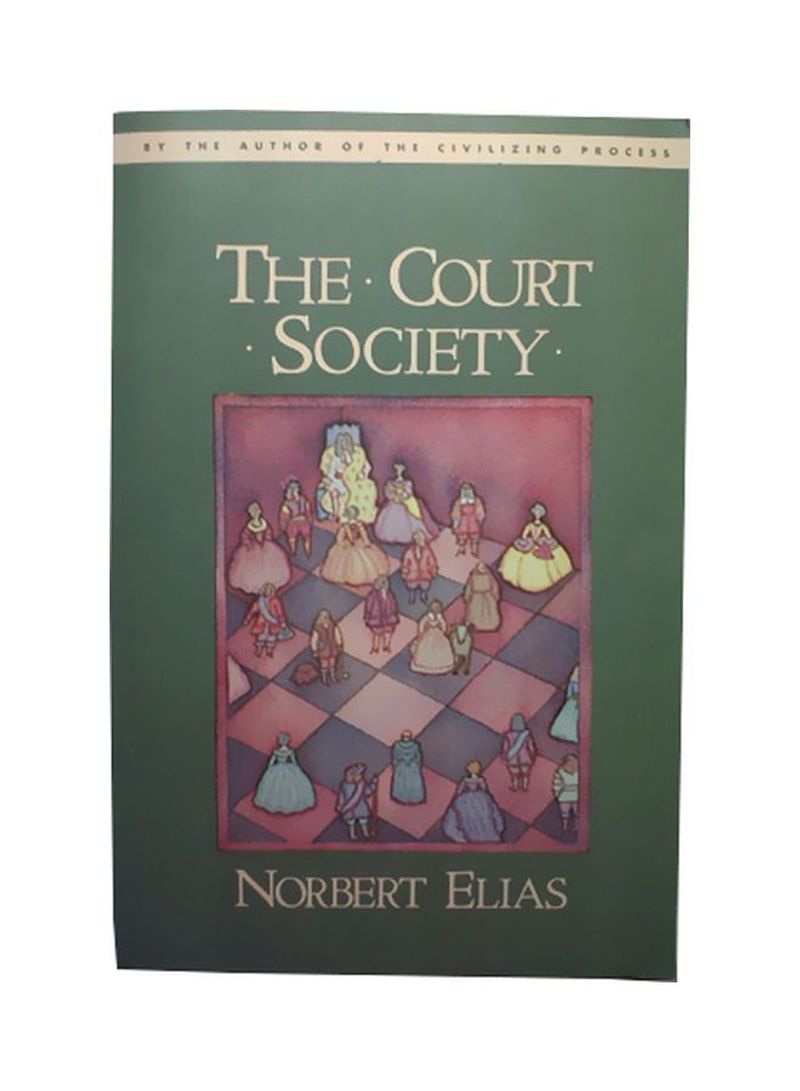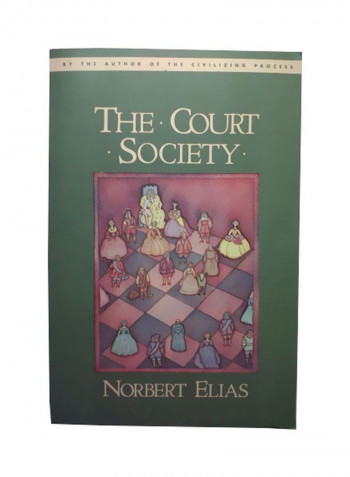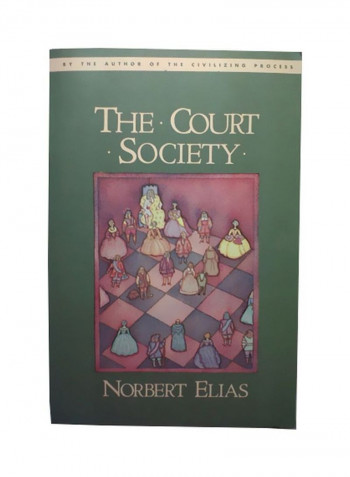The Court Society Hardcover
Recommend
Sort by
Rating
Date
Specifications
Author 1
Norbert Elias
Book Description
This classic study of the life of the nobility at the royal court of France, especially under Louis XIV, has long been out of print. Recognised by historians as the benchmark for studies of early modern courts, which were an important but long neglected phase in the growth of the 'civilising' constraints imposed on people in increasingly complex networks of interdependence. Elias shows how courtiers - and finally even the king himself - were entrapped in a web of etiquette and ceremonial, how their expenses, even down to details of their houses and households, were dictated by their rank rather than their income. Includes appendix on the parallels between factional competition at the royal court and within Hitler's regime. Originally published in German in 1969 as Die hofische Gesellschaft.
ISBN-13
9781904558408
Language
English
Publisher
University College Dublin Press
Publication Date
15 April 2006
Number of Pages
320
About the Author
NORBERT ELIAS (1897-1990) was one of the greatest sociologists of the twentieth century. He studied with Alfred Weber in Mannheim and served as Karl Mannheim's assistant in Frankfurt. On Hitler's coming to power, he went into exile. His magnum opus The Civilising Process received little attention when it was published in Switzerland in 1939 and it was only after Elias's formal retirement in 1962 that most of his other books and essays were published.
Editor 1
Stephen Mennell
Editorial Review
"The Court Society invites us not only to consider the extraordinary intellectual project of [Norbert's] long career as a magnificent work-in-progress, but also to encounter his distinctive way of approaching history in light of contemporary concerns, that is, to discover with him the presence of the past." Canadian Journal of Sociology Online March-April 2007 "Elias argues that the centralization of power in the hands of the king resulted in a symbiotic relationship between the king and the court nobility. The complex court etiquette and ceremony recognized the centrality of the king while protecting the elevated status of the nobility within the figuration against those who might challenge it ... the editors have added annotations to the extant translations ... Recommended." CHOICE, May 2007 "The enterprise of publishing the collected works of Norbert Elias under the editorship of Richard Kilminster and Stephen Mennell by University College Dublin Press is an extremely important contribution to the contemporary intellectual and academic scene. Norbert Elias was one of the most original minds in the human and social sciences in the 20th century - his work covers not only a very broad range of sociological topics starting with his classical The Civilising Process and later The Court Society, but also many topics ranging from sociology of knowledge to sociology of sport and analysis of historical processes; the broad philosophical problems, such as the idea of the place of the progress of symbolic dimensions in social life. This is really a monumental enterprise, very worthwhile and very constructive, presenting a great challenge to the contemporary intellectual and academic scene - and UCD Press should be congratulated in undertaking this enterprise." S. N. Eisenstadt Jerusalem, 24 July 2008 "Too easily the editors and readers of Books Ireland take it as given that Irish publishers' books are mostly about Ireland or by Irish writers. We wish it were not so because we think our publishers are of world class, and a shining exception and exemplar is this series of eighteen volumes of the life's work in English - some of his work was written in German - of Elias (1897-1990) whose major theme was the theory of civilising processes - Norbert is very interesting on the subject as well as on the dynamics of sports, social (and especially male) bonding, violence and football hooliganism. These books are in the very best tradition of design, with acid-free paper, sewn bindings, cloth boards, coloured endpapers, spine labels and acetate jackets." Books Ireland Nov 08



